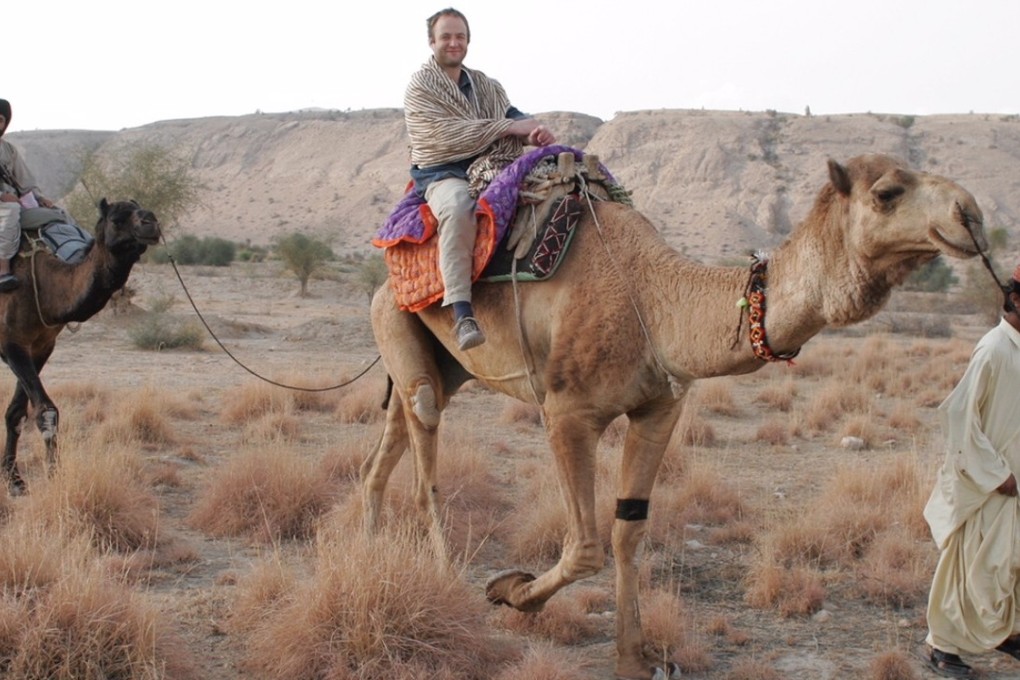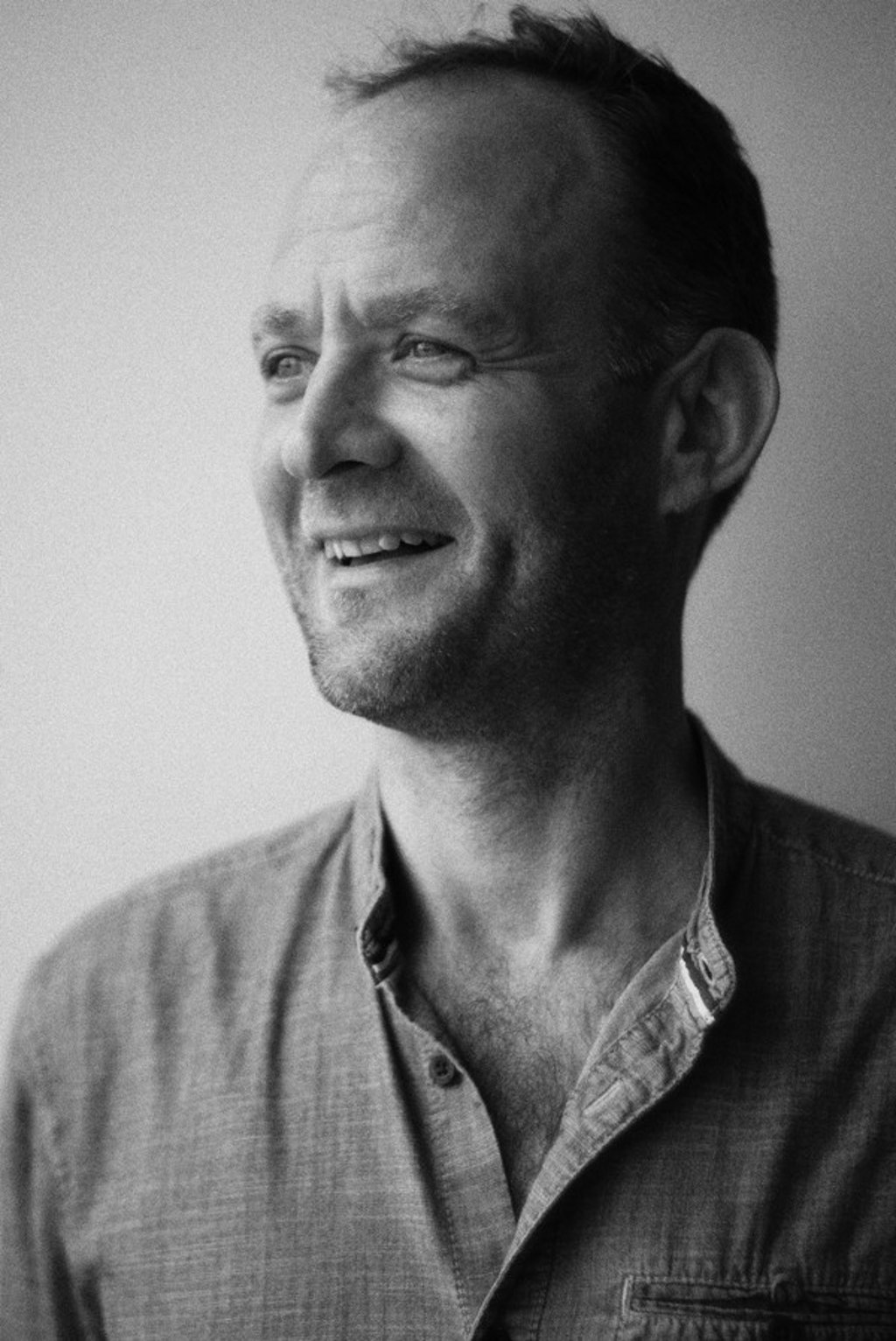The book that will make you want to visit Pakistan, and its author, a passionate advocate of nation’s panache and tolerance
British journalist Isambard Wilkinson, inspired by his Indian grandmother’s tales of life before partition, visited Pakistan as a teenager and fell in love with a complex place, a love he shares in his book Travels in a Dervish Cloak

Growing up amid stories of Pakistan and the trappings of a life lived there, it was perhaps inevitable that Isambard Wilkinson would want to visit the country.
The author of Travels in a Dervish Cloak, an acclaimed travel book and personal account of his journey through Pakistan, was introduced to the country by his Anglo-Indian grandmother – not just through the Hindi nursery rhymes she sang to him as a child, but also her home.
A lot of sex and Sanskrit: former monk’s record of his mission to democratise sexual love in Tibet shines in new translation
She was born in India – like her grandparents and their grandparents – and when she left in 1947, the year of partition, she brought with her vivid memories of her childhood. Indian and Pakistani fabrics were draped over chairs, a tiger skin rug – complete with head – was spread on the floor and there was a spittoon in the corner of the living room.
Pakistan has remained a constant throughout Wilkinson’s life and his journey this week took him to the Asia Society in Hong Kong, where he hosted a literary reception before a standing-room-only crowd.

Wilkinson, born in Portsmouth, England, and raised in Ireland, is the former Islamabad correspondent for The Daily Telegraph and now a freelance journalist. His 2017 literary debut, Travels in a Dervish Cloak, was shortlisted for the 2018 Stanford Dolman Travel Book of the year and was named a book of the year by the Spectator, Daily Mail, New Statesman and Evening Standard.